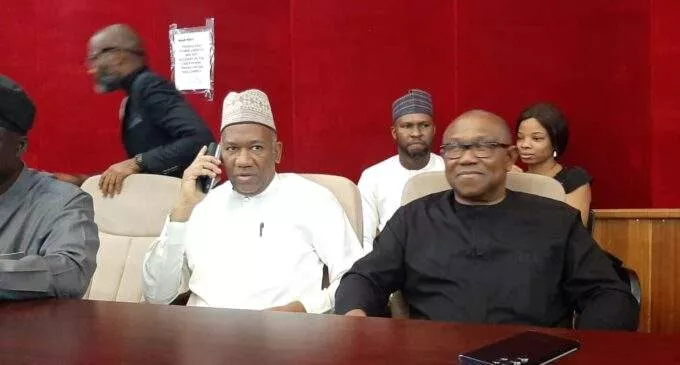
The Labour Party and its presidential candidate in the February 25 election, Peter Obi, on Thursday evening, sought an order of the Presidential Election Petition Court in Abuja to interrogate the Independent National Electoral Commission.
The LP and Obi, among other things, are seeking details relating to the information and communication technology experts used by INEC in the conduct of the election.
The LP and Obi are challenging the declaration by INEC that Bola Tinubu of the All Progressives Congress won the election.
In two separate motions argued by their lawyer, Patrick Ikweto (SAN), Obi posed 12 questions to be forwarded to INEC as part of efforts to support their petition which questioned the integrity of the election.
The petitioners averred that the interrogatory application if acceded to, would assist them in solidifying their claims that the conduct of the election was flawed.
However, counsel for INEC, Kemi Pinhero (SAN), objected to the move, on the grounds that the application was brought outside the time specified and allowed by law.
He contended that moving the application outside the pre-hearing session had robbed the court of jurisdiction to hear it.
Also, both the counsel for Tinubu, Akin Olujimi (SAN) and counsel for the APC, Lateef Fagbemi (SAN), opposed the request.
The presiding Justice, Haruna Tsammani, reserved the ruling on the interrogatory applications by Obi and his party.
He also adjourned further hearing in the petition till Friday (today).
Meanwhile, the Peoples Democratic Party and its candidate, Atiku Abubakar, on Thursday, called their first subpoenaed witness at the Presidential Election Petition Court despite vehement objection by the respondents.
The witness, Friday Egwuma, who was an INEC ad hoc staff, told the court that he served as Presiding Officer at Polling Unit 17, Aba North in Abia State.
Egwuma told the court that he experienced technical glitches at the point of uploading the captured presidential results to the INEC Results Viewing Portal.
He alleged that the results could not be electronically transmitted in real-time after capturing it on the Bimodal Voters Accreditation System.
Egwuama gave the testimony during his cross-examination by the counsel for INEC, A.B. Mahmoud (SAN).
He pointed out that the difficulty he encountered was only in relation to the presidential results as other results pertaining to the senatorial and House of Representatives elections were electronically transmitted to the portal seamlessly.
He, however, noted that there was an option to use an offline mode in such a situation.
Earlier on, before the witness testified the respondents had opposed the admissibility of his deposition.
The court reserved ruling on the objection until final judgment.

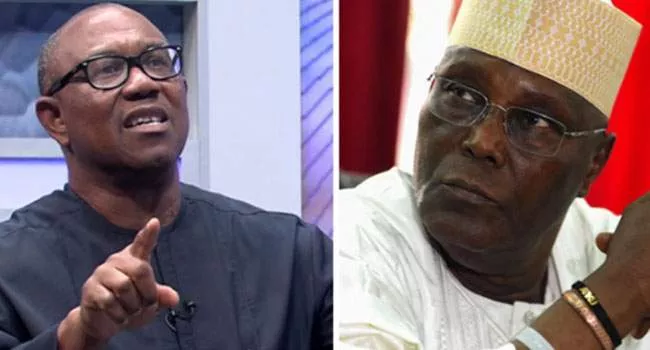
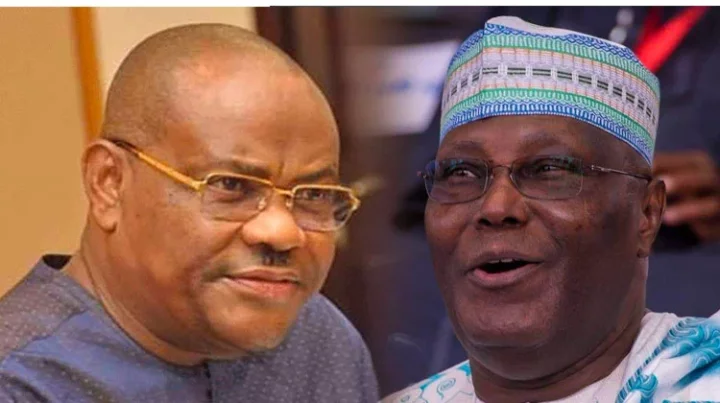
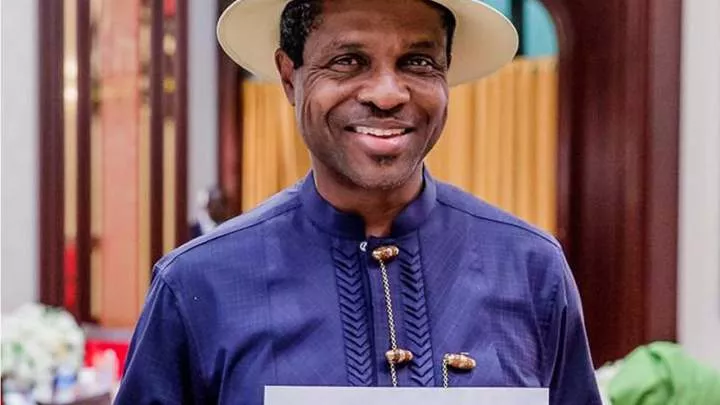
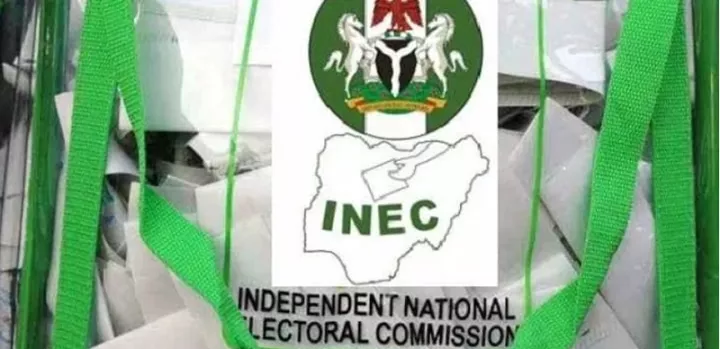
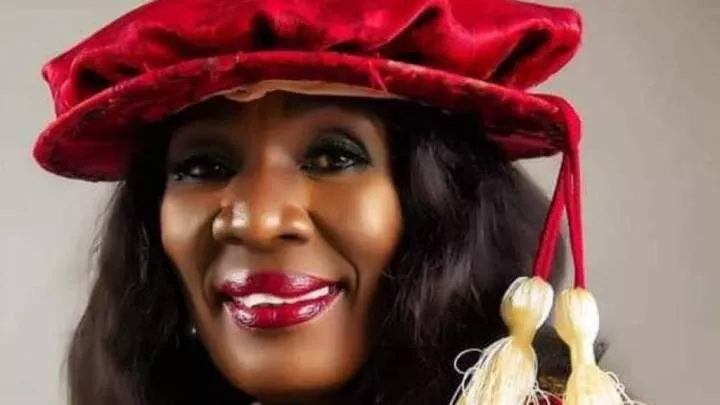
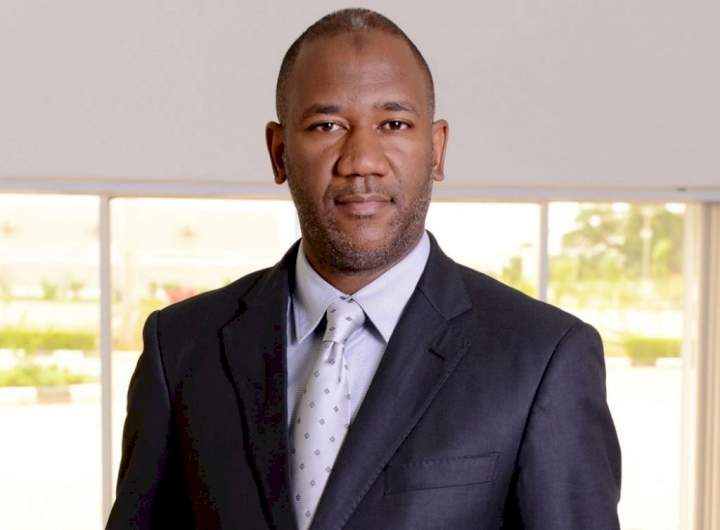

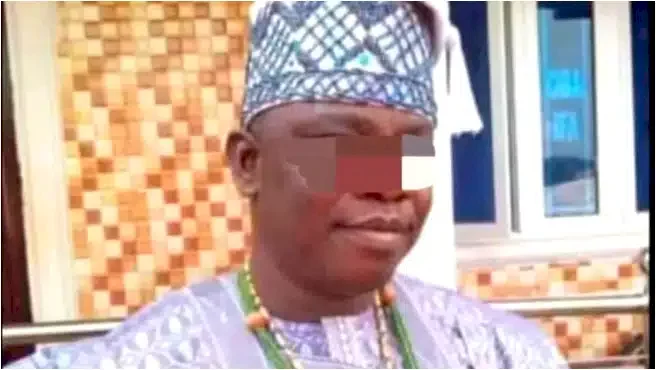

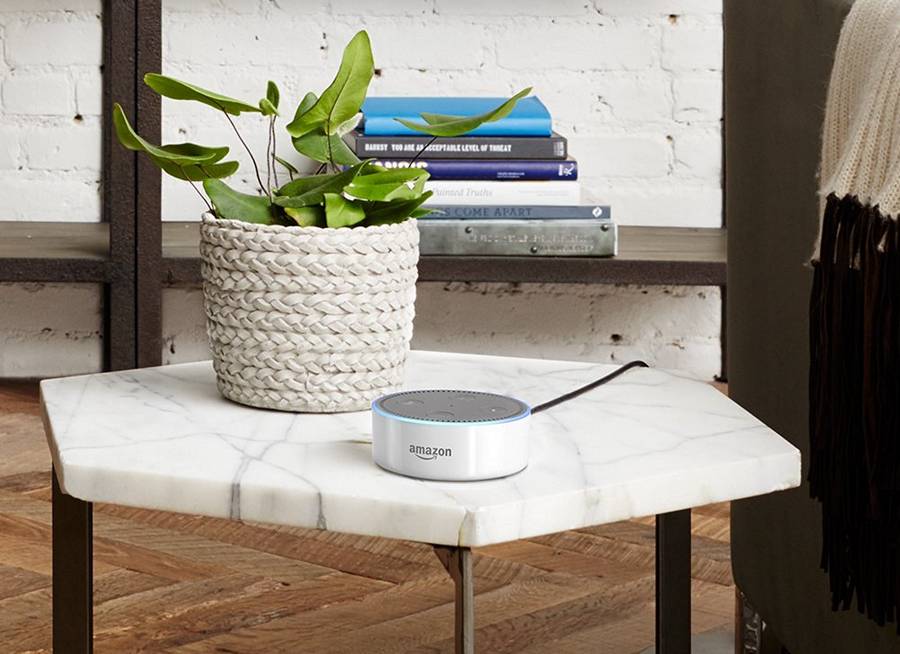
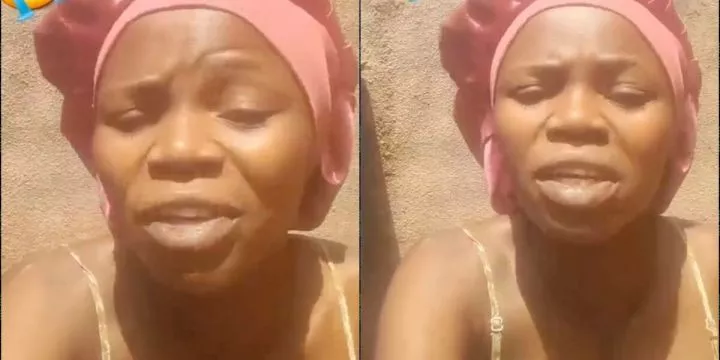

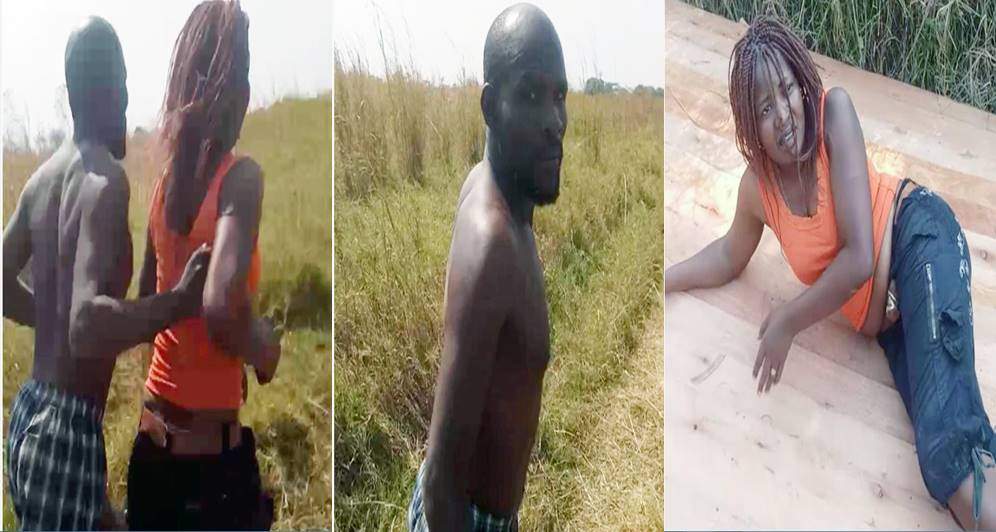


Comments